SEAT Ramps Up EV Ambitions At Martorell With Battery Assembly And Stamping Milestones
- By Gaurav Nandi
- May 23, 2025
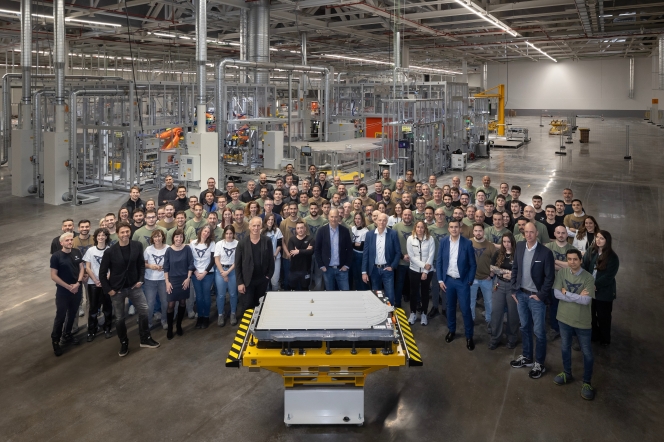
SEAT S.A. is accelerating its transition to electric mobility, hitting key milestones at its Martorell facility that signal growing momentum in the company’s EV strategy. In a critical year for its electrification push, the Volkswagen Group unit has begun pre-series assembly of battery systems and produced its first body panels for the CUPRA Raval using a next-generation press line.
The Spanish automaker, tasked with leading the development and production of the Volkswagen Group’s Electric Urban Car family under the Brand Group Core umbrella, is laying the groundwork for full-scale production of two compact EVs set to roll off the Martorell line starting in 2026.
“The assembly of the first battery systems in our new plant and the production of body parts on the new PXL press for the future electric models we will manufacture in Martorell is a key milestone in our electrification process,” highlights Markus Haupt, Interim CEO of SEAT and CUPRA and Executive Vice-President for Production and Logistics at SEAT S. A. “This is a decisive year, as we continue to prepare for the start of series production of the Brand Group Core’s Electric Urban Car family in 2026, starting with the CUPRA Raval, with the vision of leading electromobility in the Iberian Peninsula.”
Battery Assembly Line Powers Up
SEAT has initiated pre-series battery assembly at its newly constructed plant in Martorell, less than 18 months after breaking ground. The facility marks a Euro 300 million investment spanning 64,000 square meters and is poised to deliver up to 300,000 battery systems annually once fully operational.
Initially combining manual labour with automated systems, the battery line will transition to fully robotised production supported by a 500-strong workforce. A 600-meter conveyor bridge is under construction to link the battery facility to the main assembly line, enabling real-time, automated battery transfers and streamlining logistics.
The plant will supply energy storage units exclusively for the CUPRA Raval and the production version of the Volkswagen ID.2all, both built on VW’s MEB platform and slated for assembly at Martorell. SEAT expects the local battery production to enhance cost-efficiency and reduce carbon emissions across the supply chain.
Advanced Stamping Ushers in New Era of Production
Alongside battery progress, SEAT has launched pre-series production of body parts for the CUPRA Raval using its new PXL press, a high-speed stamping line capable of 15 strokes per minute and up to 4 million components annually. The press, operational since 2024, underscores SEAT’s drive to modernise Martorell as it evolves into a smart, connected and sustainable EV manufacturing hub.
The PXL press line is central to SEAT’s broader industrial transformation, enabling faster, more precise production of large metal components and bolstering the facility’s readiness for volume EV production starting in 2026.
Zenvo Automotive Appoints Mark Harrison As Chief Commercial Officer
- By MT Bureau
- March 05, 2026
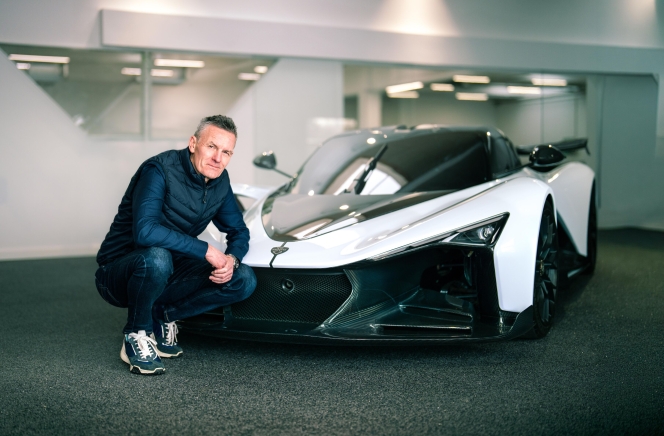
Zenvo Automotive, a manufacturer of limited-edition hypercars based in Præstø, Denmark, has appointed Mark Harrison as its new Chief Commercial Officer, bringing in a seasoned expert from the premium and performance car sector. His arrival marks a significant step in the company’s ambitious growth strategy as it prepares for the final development phase of its highly anticipated V12 Aurora hypercar. Harrison will oversee all commercial operations, including sales, marketing, public relations, global events and the expansion of the dealer network, working closely with the established leadership team comprising Chairman Jens Sverdrup, Chief Technical Officer Jon Gunner and Design Director Christian Brandt.
With three decades of industry experience, Harrison joins Zenvo from Praga Cars, having previously held influential management roles at McLaren Automotive and BMW Group, including its MINI division. His comprehensive understanding of the luxury automotive landscape is expected to be instrumental as the company moves towards the Aurora’s launch. Harrison’s appointment reinforces the management structure during this critical period, ensuring the commercial strategy aligns with the final engineering and design efforts to bring the new hypercar to market.
Jens Sverdrup, Chairman, Zenvo Automotive, said, “It is great to welcome Mark to the team, and to benefit from his experience and insight of the industry. We have known each other for many years, and our professional paths have crossed on several occasions, so I know first-hand what an impact he will be able to make. We are at an exciting part of the programme, and this appointment also highlights, once again, the talent that this project is attracting as we gear up for the launch of Aurora.”
Harrison said, “It’s really exciting to join Zenvo’s team and help bring to market a truly exceptional car in both its design and technical specification. I have admired the brand since the Aurora was announced and especially how the programme is pushing the boundaries in such a competitive sector. I have shared offices, showrooms, show stands and factories with great teams wherever I have worked, but this will be my first V12. I feel privileged to now have an opportunity to work together with this strong and passionate team helping bring this stunning car to market later this year.”
Renault Reveals The Name Of Its Upcoming Show-Car: Bridger Concept
- By MT Bureau
- March 04, 2026
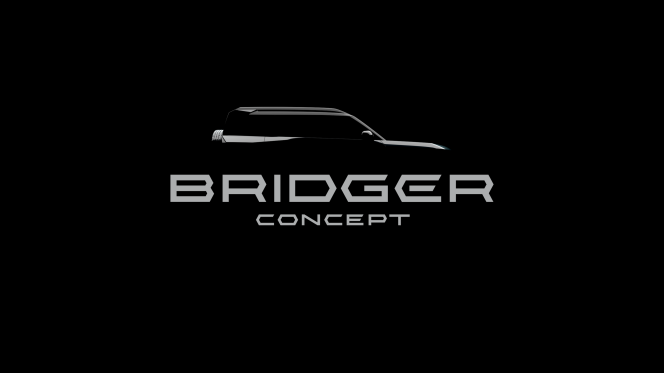
Renault has unveiled the name of its latest show-car, the Bridger Concept, as part of its continued international expansion. This model serves as a precursor to a forthcoming production vehicle, specifically an urban SUV designed with new dimensions to accommodate the evolving needs of city-dwelling families.
The Bridger Concept stands out with its bold and robust design, featuring surprisingly compact proportions. Measuring under four metres in length, it maximises interior space, demonstrating that a smaller footprint does not necessitate a compromise on roominess. The name itself, derived from the English word ‘bridge’, was chosen for its connotations of strength, connection and linkage. This choice highlights the vehicle's assertive styling and reinforces the brand's commitment to fostering human connections within the cabin, a core aspect of its ‘voitures à vivre’ philosophy.
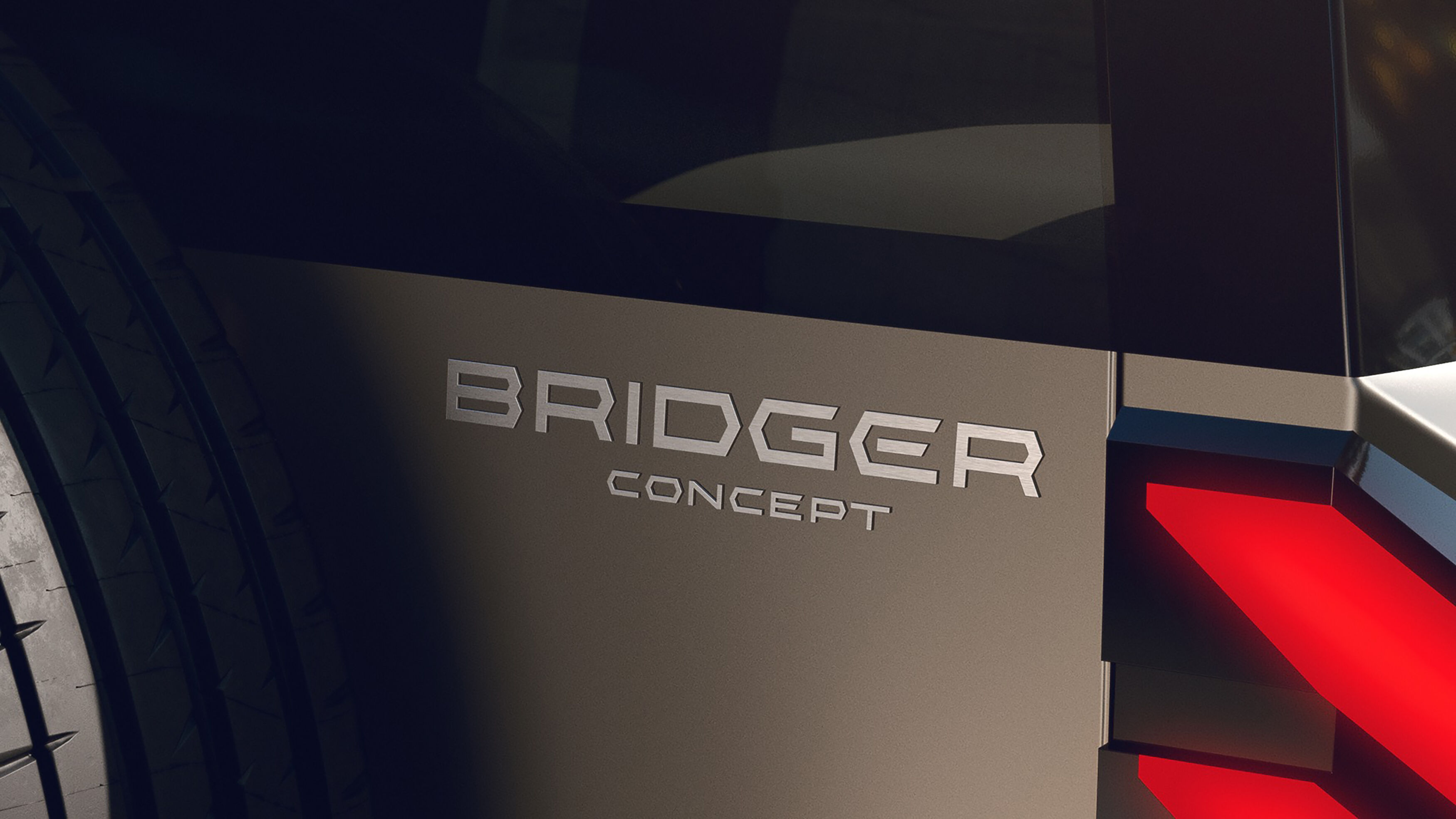
A comprehensive reveal of the Bridger Concept is scheduled for 10 March 2026. This unveiling will occur during the presentation of Renault Group's futuREady strategic plan, with the entire event being streamed live from the company's official events platform.
Explaining the thinking behind the name of the new show-car, Sylvia dos Santos, Head of Naming Strategy with Renault's Global Marketing Division, said, “With Renault Bridger, we are adding to our family of names based on English words. This one comes from the word 'bridge', with the letters 'ER' added for identification. The name Renault Bridger is part of the same approach as the name of Renault Duster. It’s a powerful, robust and versatile name, ideal to identify our new urban SUV show-car and open a new page in our international offensive!”
Axis Bank Becomes Preferred Financer For Tesla In India
- By MT Bureau
- March 04, 2026
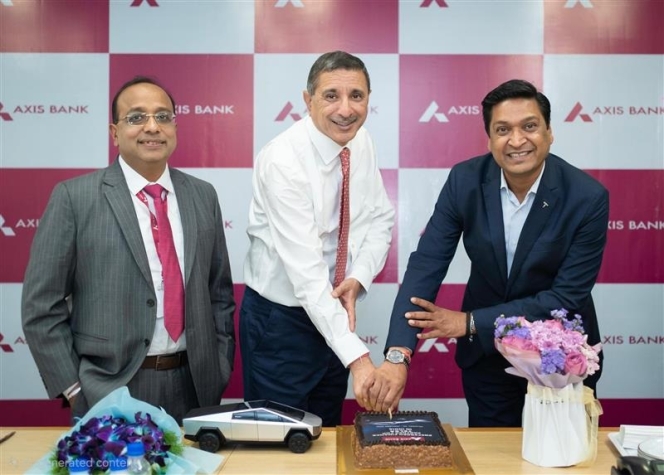
Axis Bank has announced its appointment as a preferred financer for Tesla in India, which will see the company provide financing solutions for customers purchasing Tesla vehicles as part of a nationwide rollout.
The collaboration covers major metropolitan areas and emerging electric vehicle (EV) hubs. The initiative is designed to integrate with Tesla’s global ownership model by using digital onboarding to manage the purchase journey.
Axis Bank has developed specific auto-loan products for the premium EV segment. These offerings focus on repayment flexibility and digital processing speeds.
It includes loan tenure options extending up to 10 years. Customised structures designed to align with individual customer cash flows. A fully digital onboarding process intended to reduce sanction turnaround times. Coverage across all-India locations to support Tesla’s market entry.
Munish Sharda, Executive Director, Axis Bank, said, “As electric mobility gains momentum in India, Axis Bank is proud to collaborate with Tesla to help accelerate this transition. Through this collaboration, we are bringing together world-class electric vehicles with innovative, tailored financing solutions and seamless customer engagement. This makes it easier for customers to adopt sustainable mobility without compromising on convenience or flexibility. This initiative reflects our continued focus on responsible banking and future-ready solutions.”
Vietnamese Automaker Segments Portfolio Into Ultra-Luxury, Mass-Market And Commercial Lines
- By MT Bureau
- March 03, 2026
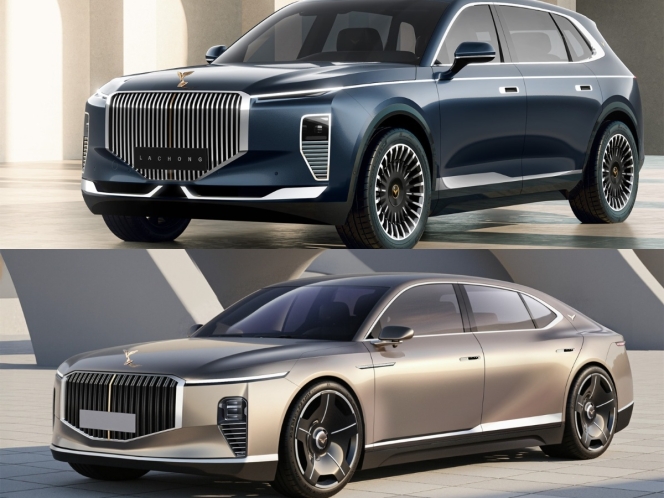
Vietnamese electric vehicle brand VinFast has announced the completion of its strategic restructuring into three automotive brand lines. The company officially unveiled two flagship models, the Lac Hong 800S and the Lac Hong 900S, to head its ultra-luxury marque.
The restructuring divides the portfolio into the Lac Hong ultra-luxury line, the VF passenger vehicle range and the Green commercial mobility brand. VinFast has maintained a leadership position in Vietnam for 16 consecutive months, delivering 175,099 vehicles in 2025.
The three brands target different market segments to support the company's next phase of development:
- Lac Hong: Comprises the 900 LX, 900S, and 800S models.
- VF: Includes a portfolio of passenger EVs from the VF 3 to the VF 9 and the VF MPV 7.
- Green: Developed for commercial mobility, featuring the Limo Green, Herio Green, Nerio Green and Minio Green models.
The new Lac Hong 800S and 900S models use design elements inspired by Vietnamese heritage, such as a grille with vertical slats and emblems evoking the Lac bird. Interior materials include Nappa leather, wood and gold-plated accents.
They are equipped with a tri-motor system with one front motor and two rear motors; a combined output of 460 kW and a fully active suspension system for ride comfort and stability.
On the inside, it gets executive seating and power-assisted doors. The 900S includes a privacy partition, a projection entertainment system and a workstation.
The Lac Hong 800S and 900S are scheduled for commercial launch in 2027.
At present, VinFast operates manufacturing facilities in Vietnam and India, with planned operations in the United States. The facility in Thoothukudi, Tamil Nadu, represents a USD 500 million investment and is designed to produce 150,000 vehicles annually.
Duong Thi Thu Trang, Deputy CEO of Global Automotives, VinFast, said, “Following a period of accelerated growth - achieving the No.1 position in Vietnam and establishing our presence in key regional markets - the completion of our three-brand structure lays the foundation for our next phase of development: structured, professional and breakthrough-driven. The Lac Hong 800S and 900S stand as further proof of VinFast’s technological mastery, product development capability and advanced manufacturing expertise. We believe products created by Vietnamese intellect, craftsmanship and resilience not only inspire national pride but also convey a powerful message about Vietnam’s cultural heritage and technological stature in this new era of global advancement.”






Comments (0)
ADD COMMENT